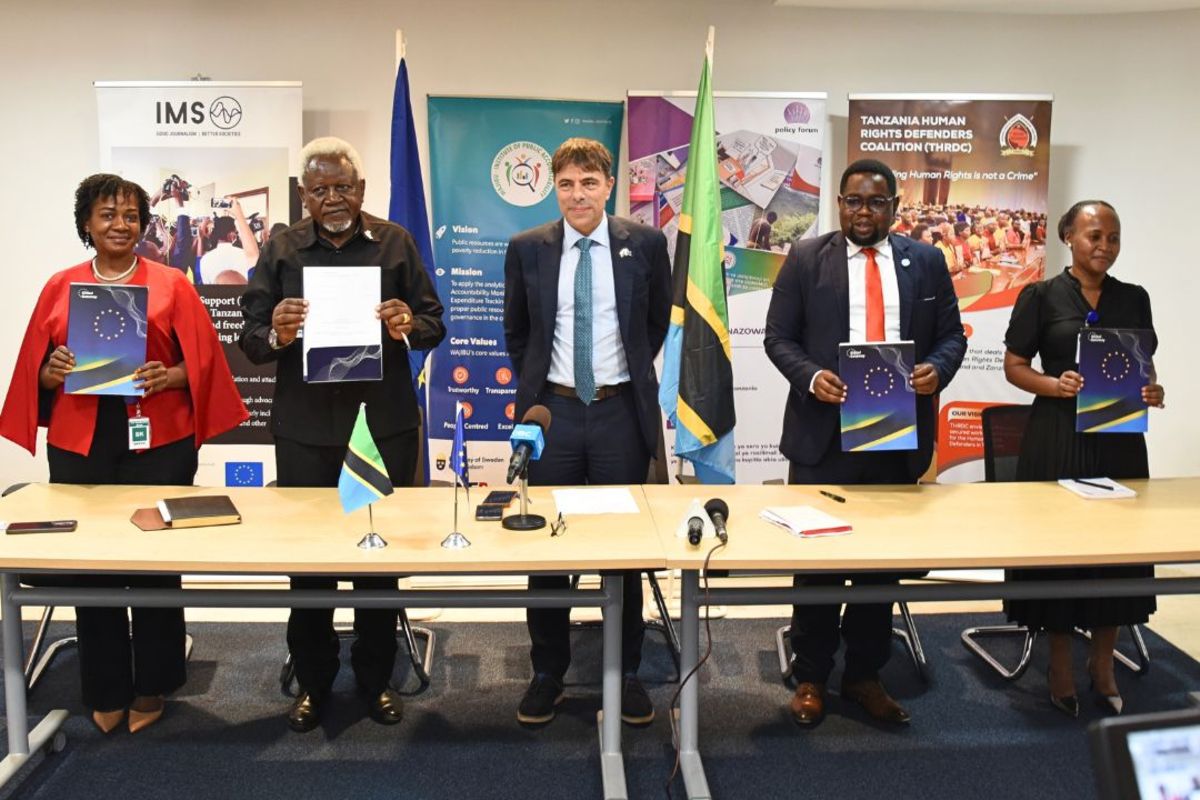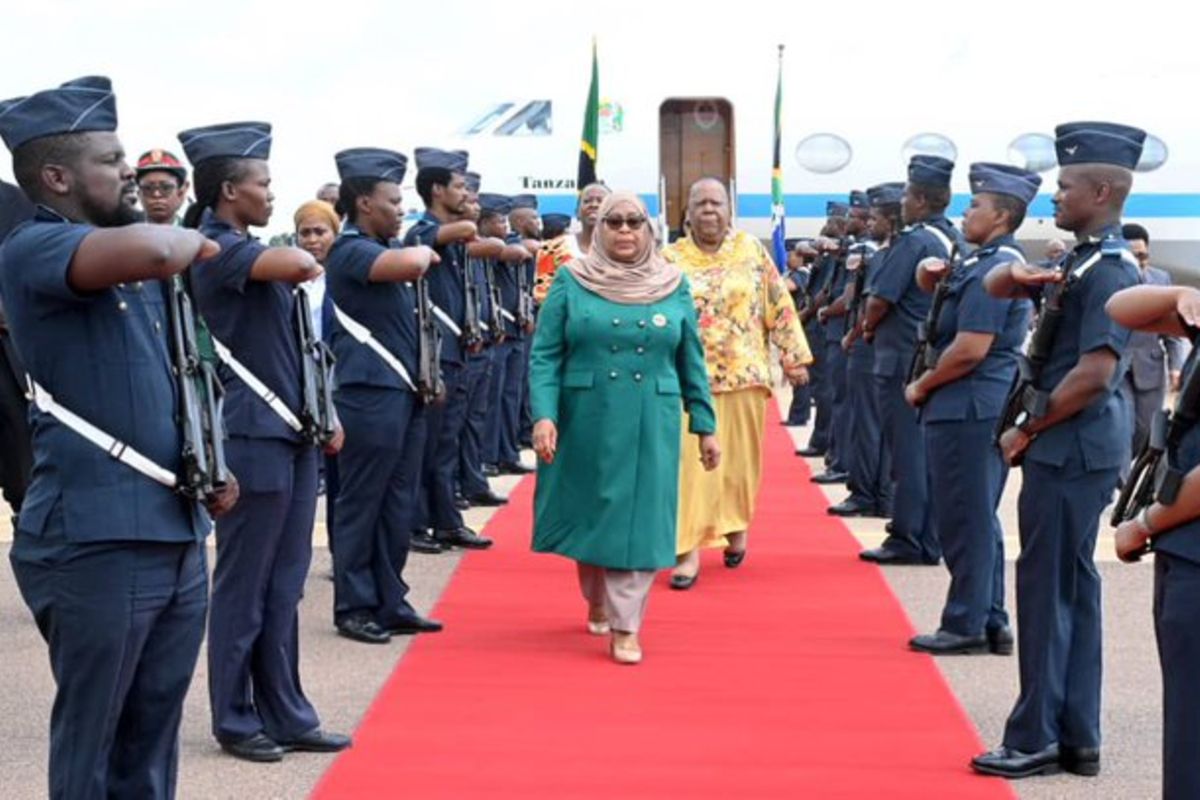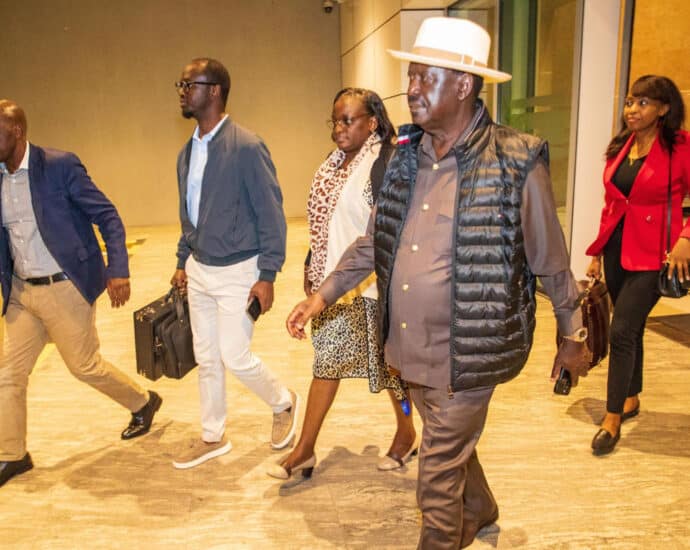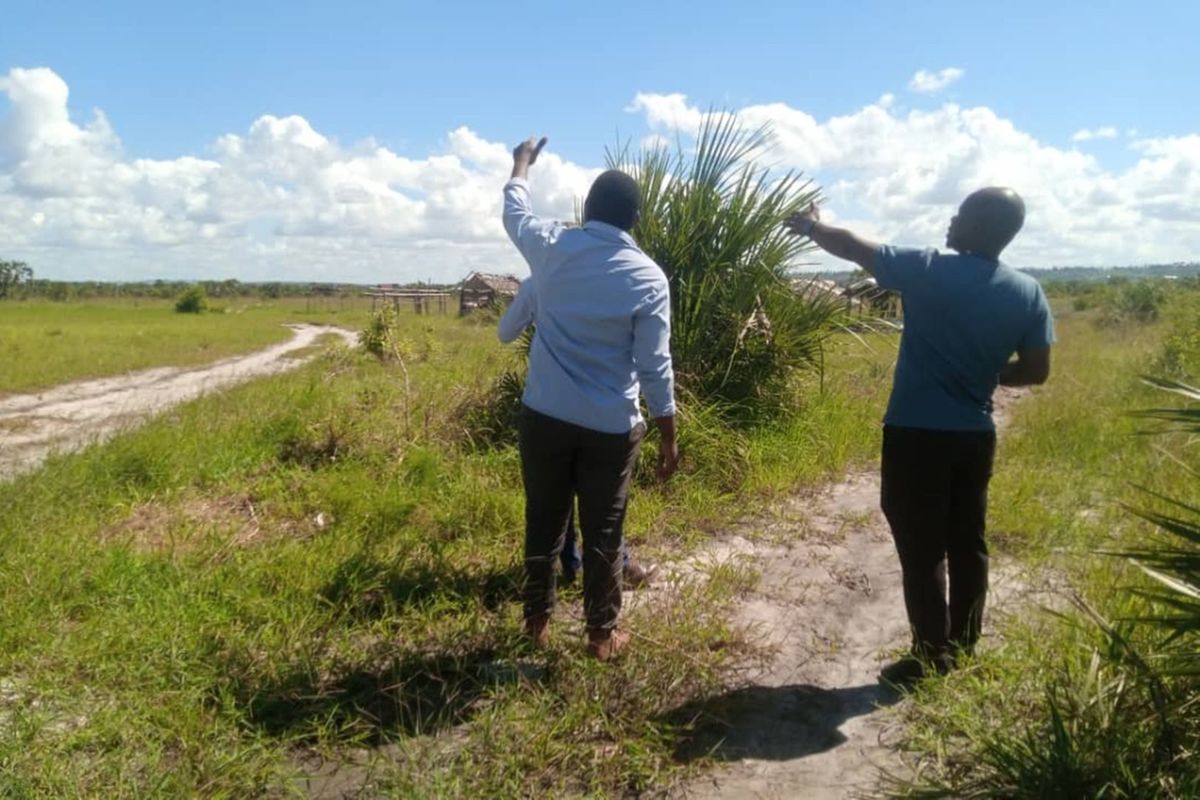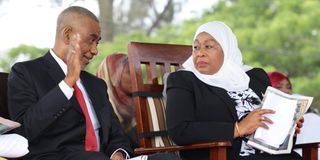EU yamwaga Sh17.8 bilioni kuimarisha demokrasia, utawala wa sheria nchini
Jumuiya ya Ulaya (EU) imetoa ufadhili wa zaidi ya Sh17. 8 bilioni kwa asasi za kiraia 11 nchini Tanzania, kwa lengo la kukuza demokrasia kwa kujenga jamii yenye uwazi, haki, na ujumuishi zaidi, kwa kuimarisha sauti za wananchi na taasisi.Continue Reading

